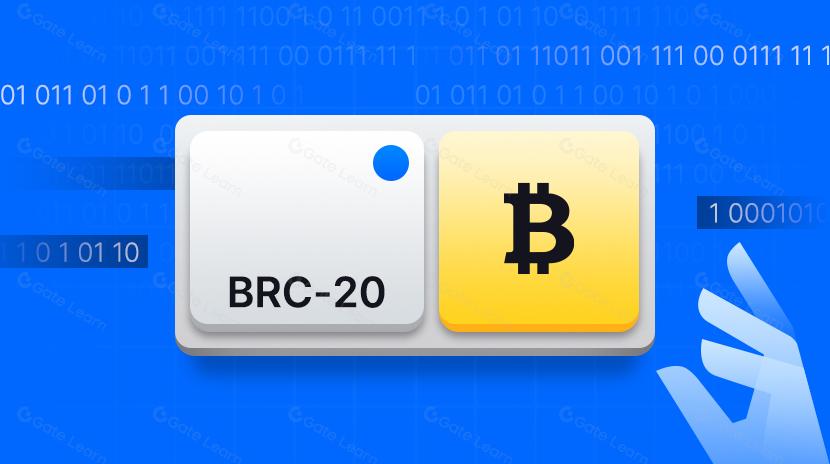CEX

Centralized Exchanges (CEXs) represent the most common type of trading platforms in the cryptocurrency ecosystem, operated and controlled by a central entity that facilitates the buying, selling, storage, and trading of crypto assets. Functioning as bridges between traditional finance and the cryptocurrency world, CEXs operate similarly to conventional securities exchanges but focus on digital asset trading. These platforms typically offer user-friendly interfaces, high liquidity, and diverse trading pairs, making it relatively easy for newcomers to enter the cryptocurrency market. However, users must entrust their funds to the exchange, following the industry adage "not your keys, not your crypto," which creates a certain contradiction with the core decentralization ethos of blockchain technology.
What are the key features of CEX?
Centralized exchanges possess several distinctive characteristics that have established their dominance in today's cryptocurrency trading ecosystem:
- Custodial services: Users must deposit assets into exchange-controlled wallets, with the exchange holding private keys on behalf of users
- Order matching mechanisms: Utilizing centralized order book systems to match buy and sell orders
- KYC/AML compliance: Requiring users to complete identity verification procedures to meet regulatory requirements
- High liquidity: Typically offering deeper liquidity pools and lower slippage than decentralized alternatives
- User-friendly interfaces: Providing intuitive trading interfaces suitable for beginners
- Diversified services: Offering leverage trading, futures, staking, and lending services beyond basic trading
- Technical support: Providing customer service and technical assistance to resolve user issues
- Rapid trade settlement: Processing transactions instantly within the platform's internal database rather than settling each trade on-chain
What is the market impact of CEX?
Centralized exchanges play a pivotal role in the cryptocurrency market with influence extending throughout the industry:
CEXs serve as the primary gateways to cryptocurrency markets, controlling the vast majority of trading volume. Statistics show that the top ten exchanges globally account for over 80% of spot trading volume. These platforms directly influence token prices and liquidity through their listing decisions, with a new token's listing on a mainstream exchange typically resulting in significant price appreciation, known as the "exchange effect."
Major exchanges have evolved into comprehensive financial institutions, offering everything from fiat on-ramps and derivatives trading to token issuance platforms. Their business decisions and platform policies have become important factors influencing market directions. As institutional investors enter the crypto space, these exchanges continue to improve their infrastructure and compliance frameworks, driving industry standardization.
The emergence of exchange tokens (such as BNB, FTT) has created new economic models that closely tie exchange business to token value, further expanding the influence of major exchanges. Through the continuous expansion of exchange ecosystems, these platforms have transcended their role as mere trading venues to become core forces shaping the crypto market.
What are the risks and challenges of CEX?
Despite the convenience centralized exchanges provide for cryptocurrency trading, they face multiple risks:
- Security vulnerabilities: As centralized targets holding large amounts of crypto assets, exchanges frequently face hacker attacks, with several major security incidents in history resulting in user asset losses, such as the Mt.Gox and Bitfinex incidents
- Trust risks: Users must trust exchanges to properly manage funds and maintain solvency, but lack of transparency can hide problems until collapse, as demonstrated by the FTX failure
- Regulatory uncertainty: Global regulatory frameworks for crypto exchanges are inconsistent and constantly evolving, with exchanges potentially facing sudden compliance requirements or bans
- Centralized governance: Exchanges may arbitrarily decide to freeze accounts, suspend withdrawals, or restrict users from specific regions, contradicting the decentralized spirit of cryptocurrencies
- Internal risks: Platforms may experience internal fraud, misappropriation of funds, or operational misconduct
- Technical risks: Server failures, system overloads, or technical defects can cause trading interruptions, especially during market volatility
- Lack of transparency: Many exchanges lack third-party audits of asset reserves and financial conditions, making it difficult for users to assess actual platform solvency
As the industry matures, many exchanges have begun implementing proof of reserves, security audits, and insurance funds to mitigate these risks, but the inherent centralized weaknesses remain.
Centralized exchanges represent a quintessential trade-off in the cryptocurrency ecosystem – they sacrifice the core blockchain principles of decentralization and self-custody in exchange for convenience, speed, and accessibility. As the industry evolves, the boundaries between CEXs and DEXs (decentralized exchanges) are gradually blurring, with many platforms adopting hybrid models that combine advantages from both approaches. Despite the risks, centralized exchanges remain the preferred entry point into the crypto world for most users, and their role will remain crucial for the foreseeable future. However, industry consensus suggests users should avoid storing large amounts of assets on exchanges long-term and should apply the "not your keys, not your crypto" principle to safeguard their digital wealth.
Related Articles

In-depth Explanation of Yala: Building a Modular DeFi Yield Aggregator with $YU Stablecoin as a Medium

BTC and Projects in The BRC-20 Ecosystem
